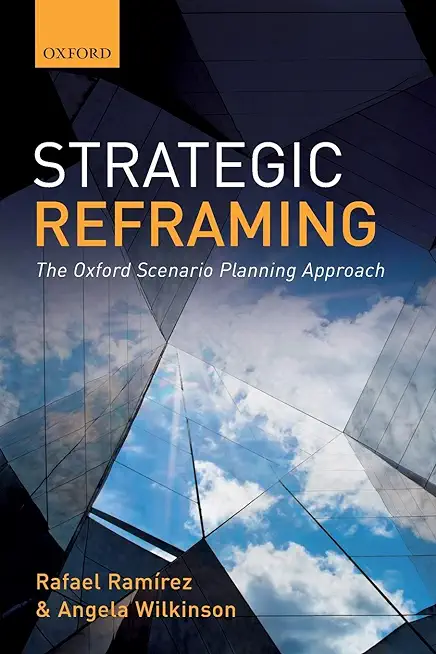
description
ty and predictability. Today's world is better characterised by turbulence, uncertainty, novelty and ambiguity - conditions that contribute disruptive changes and trigger the search for new ways of coping. This book aims to become the premier guide on how to do scenario planning to support strategy and public policy. Co-authored by three experts in the field, the book presents The Oxford Scenario Planning Approach (OSPA). The approach is both intellectually rigorous and practical. Methodological choices and theoretical aspects in practice are detailed in reference to the relevant literatures and grounded in 6 case studies the authors have been involved with. The book makes several contributions to the field, centred on how learning with scenario planning is supported by re-framing and re-perception; how this iterative process can be embedded in corporate or government settings, and how it helps those that it supports to do well in today's world. The book is written in an accessible style and will be a useful introductory text as well as a useful guide for the more experienced scenario planning practitioner and scholar.
member goods
No member items were found under this heading.
Return Policy
All sales are final
Shipping
No special shipping considerations available.
Shipping fees determined at checkout.







